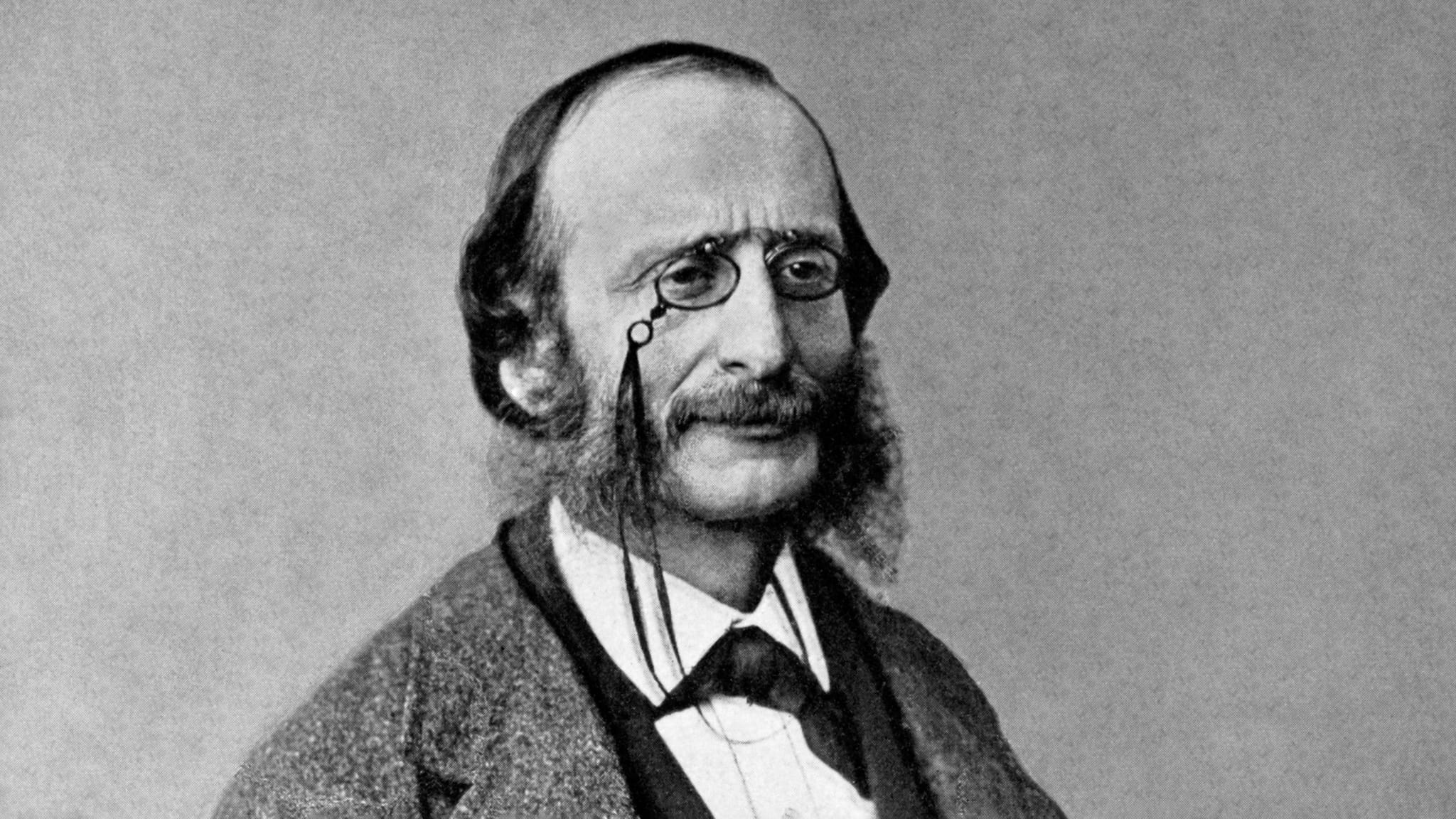New on STAGE+
Albums
About
Jacques Offenbach

At first sight, Offenbach's career seems topsy-turvy: he was born in Germany, where his father was cantor in a synagogue, but by the end of his life he had become one of the most highly acclaimed composers in Paris. He was sent by his father to study at the Paris Conservatoire but, after a year, he left to earn his living as an orchestral cellist, starting at the Ambigu-Comique, a theatre specializing in vaudevilles, pantomimes and parodies. Success came slowly but surely: thanks to his gifts as a cellist, he soon left the Ambigu-Comique for the Opéra-Comique and later for the Théâtre Français, where he became conductor in 1850. His first operettas were staged at the Bouffes-Parisiens, the Palais-Royal and the Théâtre des Variétés and included Orphée aux enfers (1858), La belle Hélène (1864), La vie parisienne (1866) and La Périchole (1868), captivating the whole of Paris with their satirical verve and imaginative flair.
Models of scathing wit, his operettas sometimes skirt the surreal, with mythology and politics both becoming the butt of his nose-thumbing humour. The Second Empire of Napoleon III fell helplessly in love with him and turned him into a national institution. Yet, fro all their colour and melodic invention, his works should not allow us to lose sight of the fact that, over and above his role as a court jester, Offenbach was also a superb composer, whose fully-fledged opera Les Contes d'Hoffmann, posthumously staged in 1881, has retained a place for itself in the mainstream classical repertory.














